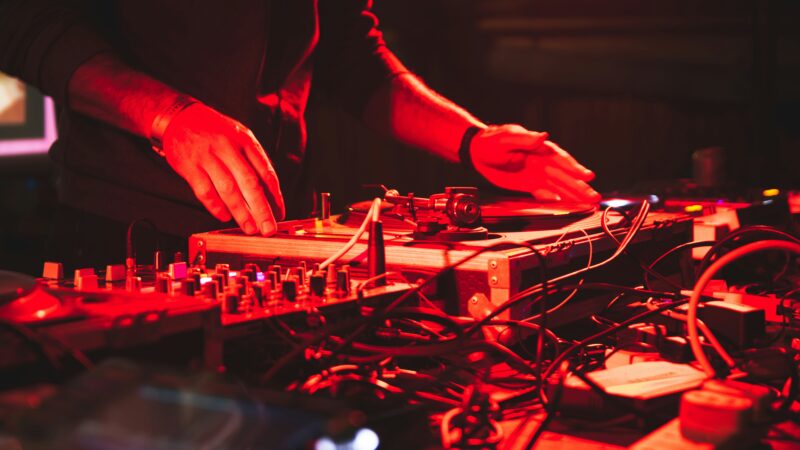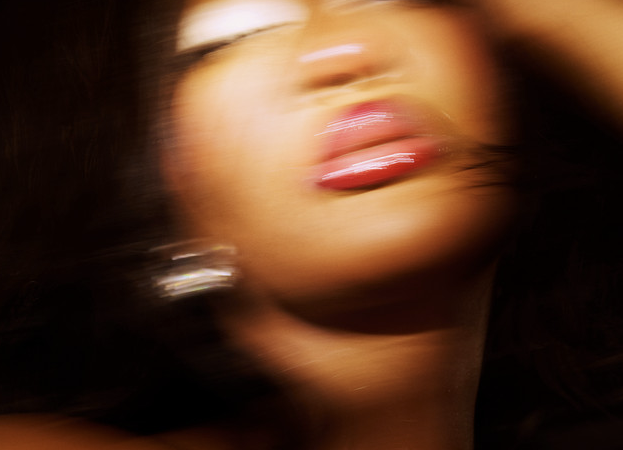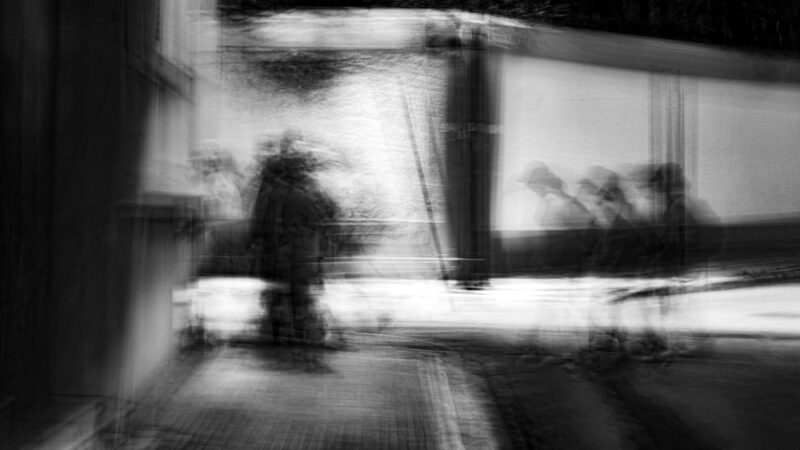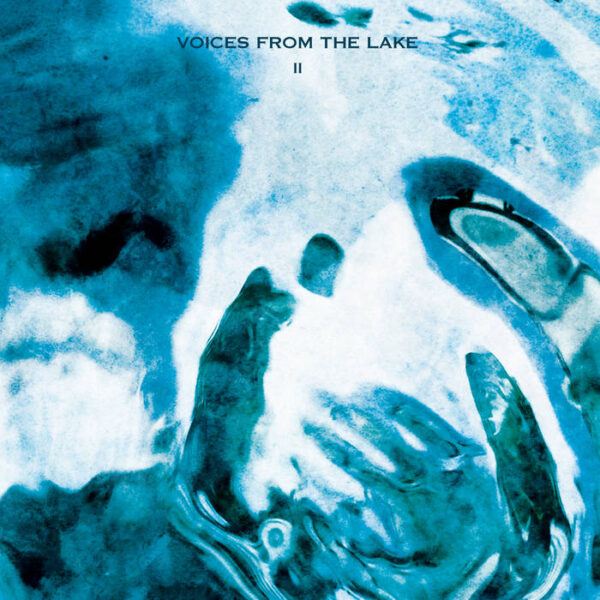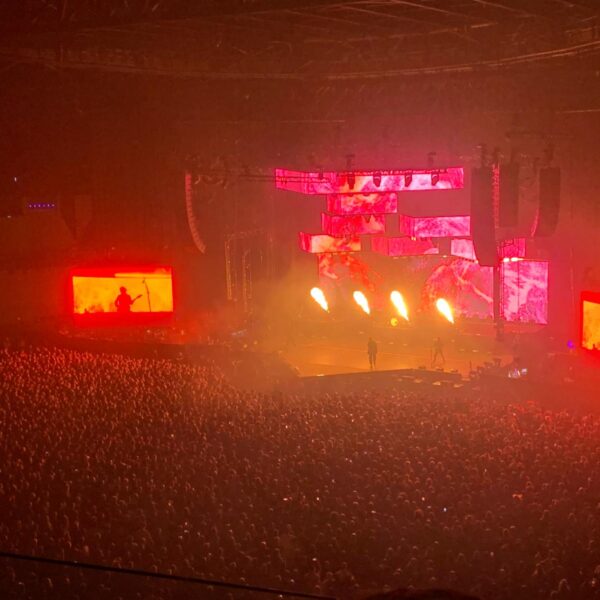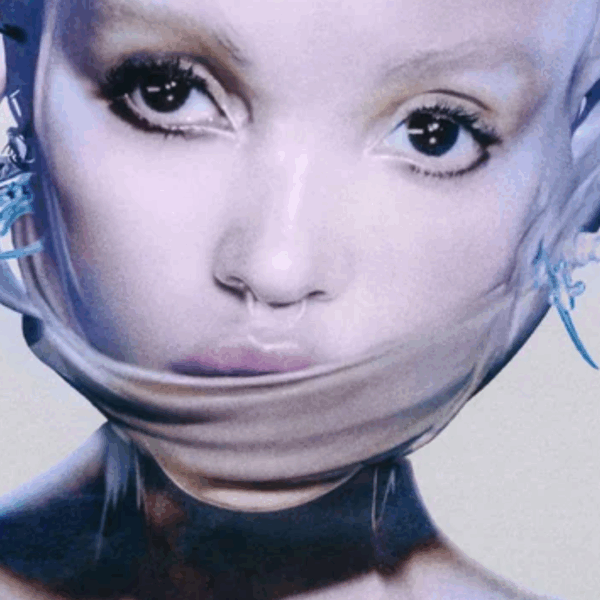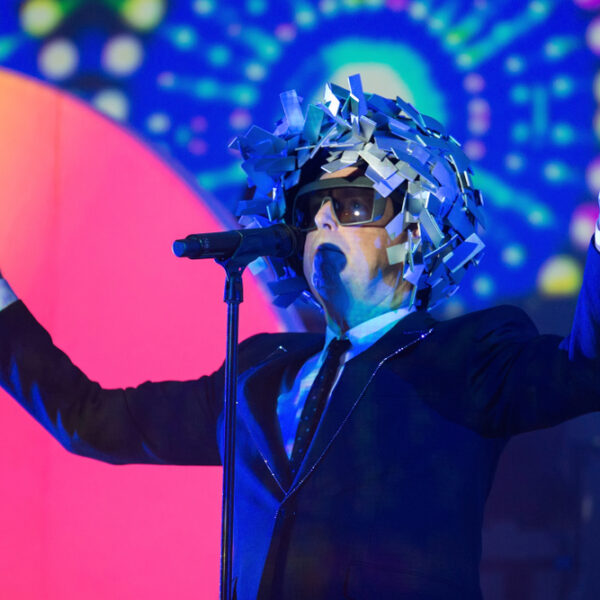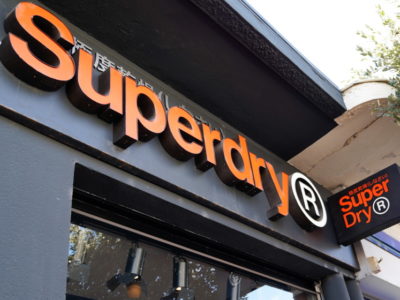From trawling through SoundCloud for beats to sing over, to releasing her debut album ‘This Thing Of Ours’ on Virgin/EMI last month, it’s been an impressive couple of years for the now 18-year-old South-East London vocalist and songwriter, Rainy Milo.
Having initially taken the mixtape route to achieve notoriety with 2012’s ‘Limey’, we caught up with Rainy to discuss the transition between putting out her music for free online to having an official album hitting the shelves…
Prime Planet: How does it feel to finally have your debut album out?
Rainy Milo: It’s so weird; it’s almost to the point where it’s a weird sense of calm. Even though I was really excited for it coming out and it’s a really exciting thing. I feel really super calm that it’s finally out and amongst the ears of people that actually listen to my music.
PP: I bet it wasn’t so calm when it first came out though…
RM: No, definitely not. It was just a bit like, ‘Oh my god, is this actually for real?’ And people would call me up like, ‘Oh my goodness your album is out now.’ All my friends were texting me to remind me. It was like ‘Oh my god it’s actually for real now.’ It felt really strange, it was super surreal.
PP: Did you go and buy a physical copy?
RM: I didn’t on the day it came out, I was just chilling with family and we had a nice meal together. But a couple of days later I came up to the HMV on Oxford Street and I saw the record in the store, and that was a really cool moment for me, it was a special moment.
PP: Do you think that the physicality of it is even more important to you, since you started out on the mixtape route with ‘Limey’?
RM: Yeah, and also because everything is so online based now, it’s really cool to have the physical thing in front of you and for people to be able to see the effort we put into the artwork, because even that is special. I used to love flicking through different people’s booklets that would come along with their records and reading along to the lyrics when I was listening to the songs.
PP: How has the reception from others been?
RM: People are saying really nice things about it and are really connecting with it. Some people have said ‘Oh I didn’t really like this particular track at first but it’s really grown on me.’ And I think that’s a common theme of my music. Often people might not quite get it on the first listen, but after a few listens they’ll be like ‘Oh my goodness I love this song.’ I think that’s always great. I love it when songs slowly grow on you and then stay with you, rather than instantly liking them and then you quickly go off of them.
PP: How has your writing process differed when you’ve been working on your debut album as opposed to a mixtape?
RM: Actually pretty similar, the way that I write songs is always pretty much the same. I usually tend to write one or two lines of lyrics and then somebody will send me music and the music will remind me of lyrics that I’ve already written and then I carry on writing to the piece of music. So that’s the way I dealt with it. I was in the same recording studio in the San Francisco Bay Area, recording on my favourite microphone, so it was all pretty much the same, but I feel like the album is more cohesive than the mixtape.
PP: What is it about San Francisco that inspires you to record there?
RM: It’s not so much the area of San Francisco, even though I love it, but it’s just the studio and the equipment that we have in there. I’d make the trip just to be able to use the microphone. We’d use a Fairchild compressor and record to tape sometimes and then run the tape through the process of a computer. Just having all of the different types of equipment to use to my advantage, there’s nowhere else that I have all of this equipment in one room.
PP: Your music maintains such a London-centric vibe despite being recorded so far away.
RM: No I know what you mean, but I think that it sounds very London-centric because all of the songs were written at home and then I’d just go over to San Francisco to record them. It wasn’t like I was sat in San Francisco writing lyrics about red buses, because that would be weird!
PP: How is your US following?
RM: You know what, it’s quite funny because I feel like almost a lot more Americans are talking about my album, even though it isn’t out over there yet, and are feeling quite upset that the record isn’t out yet. And whenever I look at like, plays on my SoundCloud or whatever, it’s always neck and neck between the US and UK. So I’m really pleased that they appreciate the music just as much as the UK does.
PP: Do you think that is to do with the sounds you work with?
RM: Yes, I think even though the lyrics and the things I talk about may be quite London-centric and revolve around the fact that I’m 17-18 years old, the music itself is very universal. I’ve got sort of like hip-hop, jazzy, J Dilla-esque vibes in there so I think the Americans understand it and take to it as well.
PP: You used to use SoundCloud a lot to find producers. Do you still find yourself browsing for potential collaborators?
RM: No I do still try to find things through SoundCloud, but it’s just the same as it always was when I first started doing that – it just takes ages and ages to find something that I like. But it’s always amazing when I find that one thing, so that’s what keeps me going through SoundCloud searches. But a lot of stuff right now is coming through management or people that I’ve already met, like Chet Faker and Caswell, who are both contributors to the album. And I’d always go back to them because I just think they’re great and they always seem to deliver stuff that’s very me.
PP: Despite having so many different influences coming through, the album still sounds very cohesive. What did you do to ensure that everything ties together?
RM: Because my style is so broad, it makes it very difficult when we are trying to put together the track list, because I wanted everything to flow seamlessly even though they have completely different sounds. And when I’m recording it’s not something I think about too much, because I don’t like to edit myself while I’m still writing. So I think that the running theme is the lyrical content and the style of my voice, and that’s what holds it together, because the music is very different on every track.
PP: On your Twitter bio you describe yourself as ‘A physical collection of my influences’, what do you mean by that?
RM: Everything that I do is a mixture of different things that I take from. The way I see it is, these days nothing’s original, there’s nothing that in-itself has never been done before. But if you steal from different styles and genres, and put them together in your own way then you can create something original by mixing it with different things. And so that’s what I like to see myself as, I’m not actually original, I’m just a physical collection of the different things that I’m into.
Words: Grant Brydon


